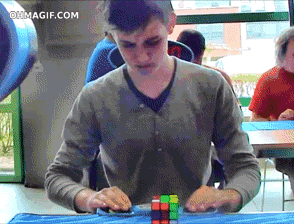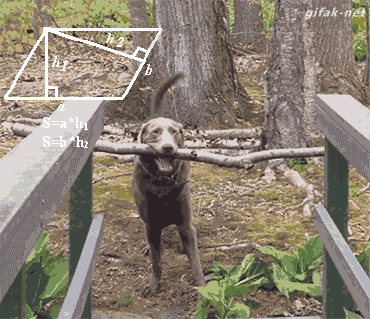Principle: How students organize knowledge influences how
they learn and apply what they know.

How long does it take you to solve a Rubik’s cube? What knowledge organizations allow an expert to solve a Rubik’s cube in 5.5 seconds? I cannot solve a Rubik’s cube and was amazed at the complex knowledge organizations that Rubik’s cube experts use. What really jumped out for me when reflecting on this chapter was the complex knowledge organizations we have for many tasks even beyond complex domains.
What
In Chapter Two of How Learning Works: 7 Research-Based Principles for Smart Teaching Ambrose et al, look at how experts create and maintain complex and meaningful ways of organizing knowledge. This aids them in memory retrieval and understanding the complex knowledge of their domain. In contrast, students often have “not yet developed such complex and or meaningful ways of organizing the content they encounter in the course” (Ambrose et al. 2010, p.46). The authors then focus in on research about how knowledge is formed and outline ways that experts’ and novices’ knowledge organizations differ.
So What
The authors suggest that instructors need to be aware of the different knowledge organizations between novices and experts in their discipline/domain when they design tasks. They also suggest a number of ways that instructors can “provide structures that highlight to our students how we organize disciplinary knowledge and draw on it to perform specific tasks” (Ambrose et al. 2010, p.46). Strategies that they suggest include, using concept maps with students, graphic organizers and making connections between concepts explicit.
Now What
To reflect on this chapter and prepare for the upcoming book club meeting you may wish to complete the following:
- Reflect on the implications of knowledge organization to your own practice or your overall reaction to this chapter by commenting below.
- Use a concept mapping tool such as https://bubbl.us/ or https://www.mindmup.com to share a map of a single concept within your discipline or an area of interest.
To encourage participation, those who share a comment/post this week will have their name entered into the Chapter Two draw for a $25 CAD gift certificate for Chapters Indigo. Read the contest guidelines here. Good luck!
The Book Club chat on Chapter Two will take place on Friday, September 21st at 10 AM PST. Check out the schedule and how to connect with the group. We also invite you to say hello in the Comments section of our Intro post.



